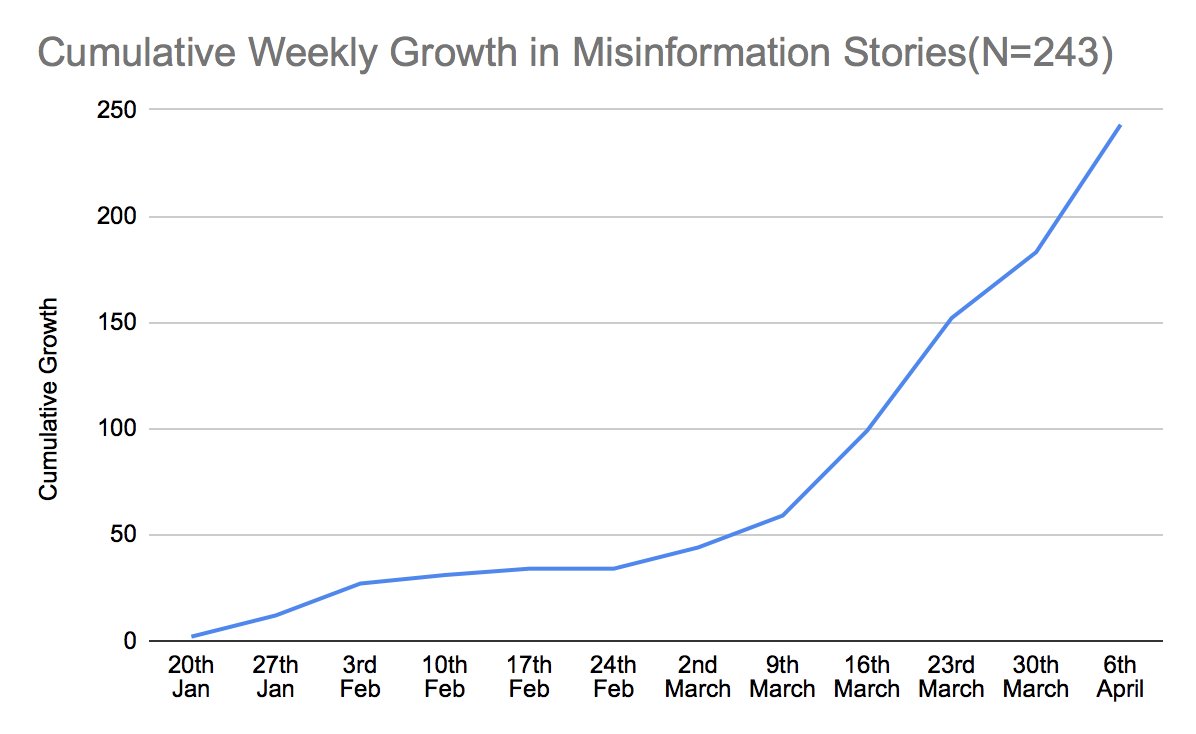
I went to the US mainly to exploit a student visa & jump to a job at the first opp. I failed, ended up doing a PhD with no academic interest, mainly to dodge deportation.
Eventually I became a college professor, then quit to become a lanyard-wearing Bangalore techie
thread:
Eventually I became a college professor, then quit to become a lanyard-wearing Bangalore techie
thread:
https://twitter.com/AnooBhu/status/1399443809423945728
Look at study abroad as bigger than the money you spend for it. It's an incredible privilege to have that resource. But you're not paying for the degree - you are paying for the places, people, worldviews, cultures you experience.
If you go to the US as a foreign student, the odds are, the degree alone won't get you a work permit, except for a small number of degrees, and institutions.
But if you got a short-term job, say 1-3 years on your allowed academic visa, you'll earn back a good chunk of the loan.
But if you got a short-term job, say 1-3 years on your allowed academic visa, you'll earn back a good chunk of the loan.
In short, expect to return & expect to be a different person when you do.
Ask people who went abroad to study, and sample how many say they would rather NOT have done that.
There's a reason it's a privilege, because it's a largely good experience, and those are privileges.
Ask people who went abroad to study, and sample how many say they would rather NOT have done that.
There's a reason it's a privilege, because it's a largely good experience, and those are privileges.
So if you plan to bankrupt your family or sell a major fixed asset to go abroad, think it through really well.
But if its a choice between paying for a massive party that involves all your relatives, well....
But if its a choice between paying for a massive party that involves all your relatives, well....
• • •
Missing some Tweet in this thread? You can try to
force a refresh














